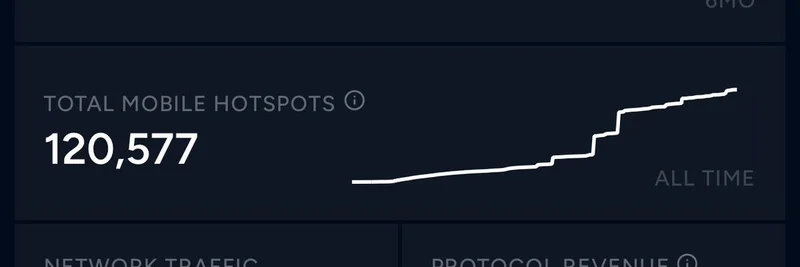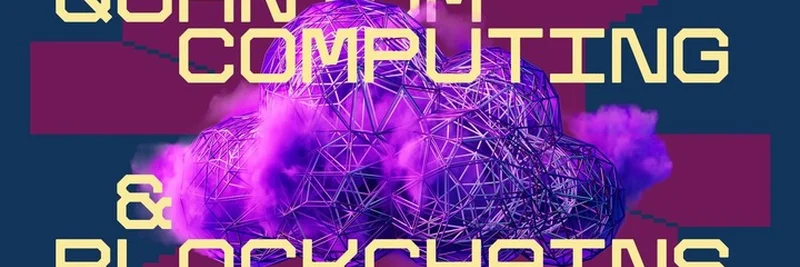In the fast-paced world of crypto, where meme tokens can skyrocket or crash overnight, transparency is key. But a recent tweet from @S4mmyEth has the community buzzing about two explosive lists that could make life tough for some influencers—and easier for regulators.
The Tweet That Lit the Fuse
Posted on September 2, 2025, @S4mmyEth, a decentralized AI researcher with a background in consulting, dropped this gem: "The Feds have been gifted with two lists in the past 24 hours. Their job couldn’t be easier. The sweet spot was being missed off both of these. Who else dodged a bullet?"
What he's referring to are two major reveals in the crypto Twitter (now X) sphere. The "Feds" likely means U.S. federal authorities like the SEC (Securities and Exchange Commission), who crack down on things like undisclosed paid promotions. In crypto, especially with meme tokens—those fun, viral coins often based on internet jokes or trends— influencers play a huge role in pumping prices. But if they're getting paid without telling their followers, that's a big no-no, and in many places, it's straight-up illegal.
The tweet sparked a flurry of replies, with users joking about being "marked safe" or celebrating not making the cut. It's a lighthearted take on a serious issue: dodging these lists means avoiding potential legal heat.
Breaking Down the Lists
Let's unpack the two lists mentioned.
First up is ZachXBT's bombshell. ZachXBT (@zachxbt) is a well-known on-chain investigator who exposes scams and shady dealings in crypto. On September 1, 2025, he leaked a price sheet from a project that contacted over 200 influencers for paid promotions. Out of more than 160 who accepted the deal, fewer than five disclosed it was an ad. That's a staggering 155+ influencers potentially misleading their audiences.
ZachXBT emphasized that paid promos aren't inherently bad—if you believe in the project and disclose it. But hiding the fact? That's where it crosses into deceptive territory, especially since regulations in places like the U.S. require clear disclosures for endorsements.
The second list comes from Threadguy (@notthreadguy), a popular crypto streamer and builder. Also on September 1, he shared a tier list ranking crypto influencers from S-tier (the elites) down to F-tier (the flops). It's subjective, sure, but it called out accounts based on their influence, content quality, and community impact. The list went viral, with over 900 likes and hundreds of replies, as people debated placements and roasted omissions.
Together, these lists shine a spotlight on the influencer economy in crypto. For meme token creators and traders, influencers are often the rocket fuel for launches. But if they're on these lists, it could signal unreliability or worse, attracting scrutiny.
Why This Matters for Meme Tokens
Meme tokens thrive on hype, community, and viral marketing. Think Dogecoin or newer ones like PEPE— they often start as jokes but can turn into serious investments. However, the line between organic buzz and paid shilling is blurry, and undisclosed promotions can lead to pump-and-dump schemes, where prices spike on fake enthusiasm only to crash when insiders sell.
Regulators are watching. The SEC has gone after celebrities like Kim Kardashian for not disclosing crypto promos, fining her millions. If the "Feds" use these lists, we could see more enforcement actions, especially against those promoting meme coins without transparency.
For blockchain practitioners, this is a reminder to vet influencers carefully. Look for disclosures like #ad or #sponsored in posts. And for token creators, partnering with transparent promoters builds trust and longevity in your project.
Dodging Bullets and Building Better
As @S4mmyEth points out, the real win is not being on these lists— it means you're playing clean or flying under the radar. Replies to the tweet echo this sentiment, with users like @tdkimber quipping about being "marked safe" and others starting their own joke lists.
In the end, this drama underscores a maturing crypto space. As meme tokens evolve from pure memes to tech-driven assets, transparency isn't just ethical—it's essential for survival. Stay informed, disclose when needed, and let's keep the meme magic alive without the regulatory headaches.
For more insights on meme tokens and blockchain trends, check out our knowledge base at Meme Insider. What's your take—did anyone you follow make the lists? Drop a comment below!


